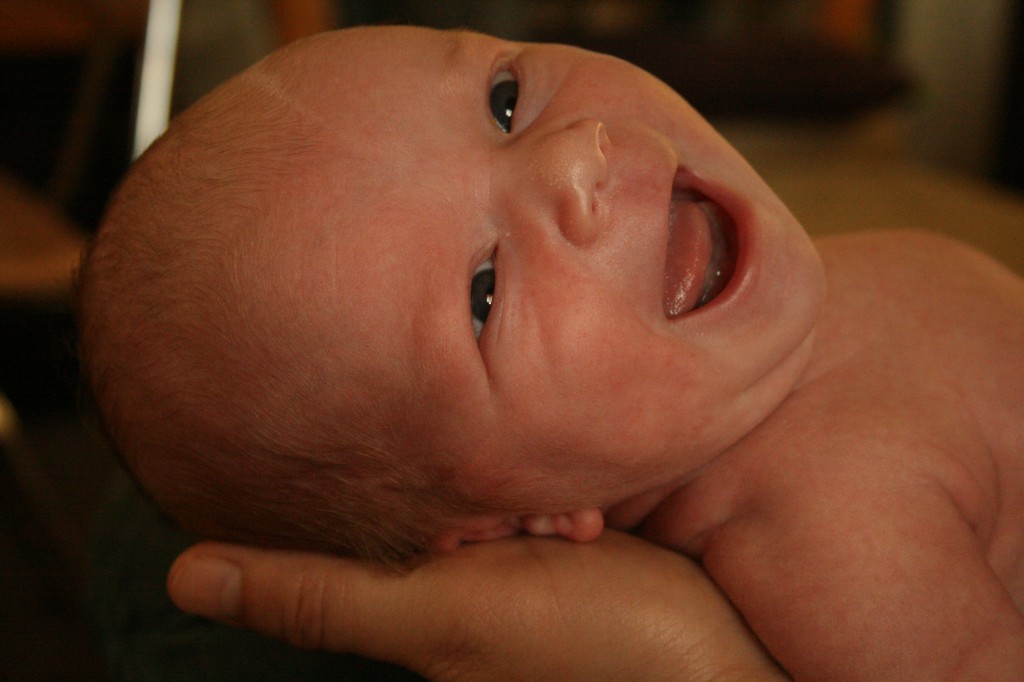More on the College Health Center
JOSH F. writes: Just imagine that at the same time those decrepit old slobs in Congress and professional sports officials RAIL INCESSANTLY about athletes using PEDs (performance enhancement drugs, particularly artificial hormones) and claiming the poor example it sets for our children, we have "American" universities and society at large practically shoving artificial hormones down the throats of our daughters from the very start of puberty well into their twenties. Our daughters are taking steroids to overstimulate their reproductive systems in order to render their reproductive capabilities non-functioning. All the while these "elite" stuff their faces with Viagra, Xanax, Prozac and the like - all considered performance enhancement drugs by anyone with some intellectual honesty.


